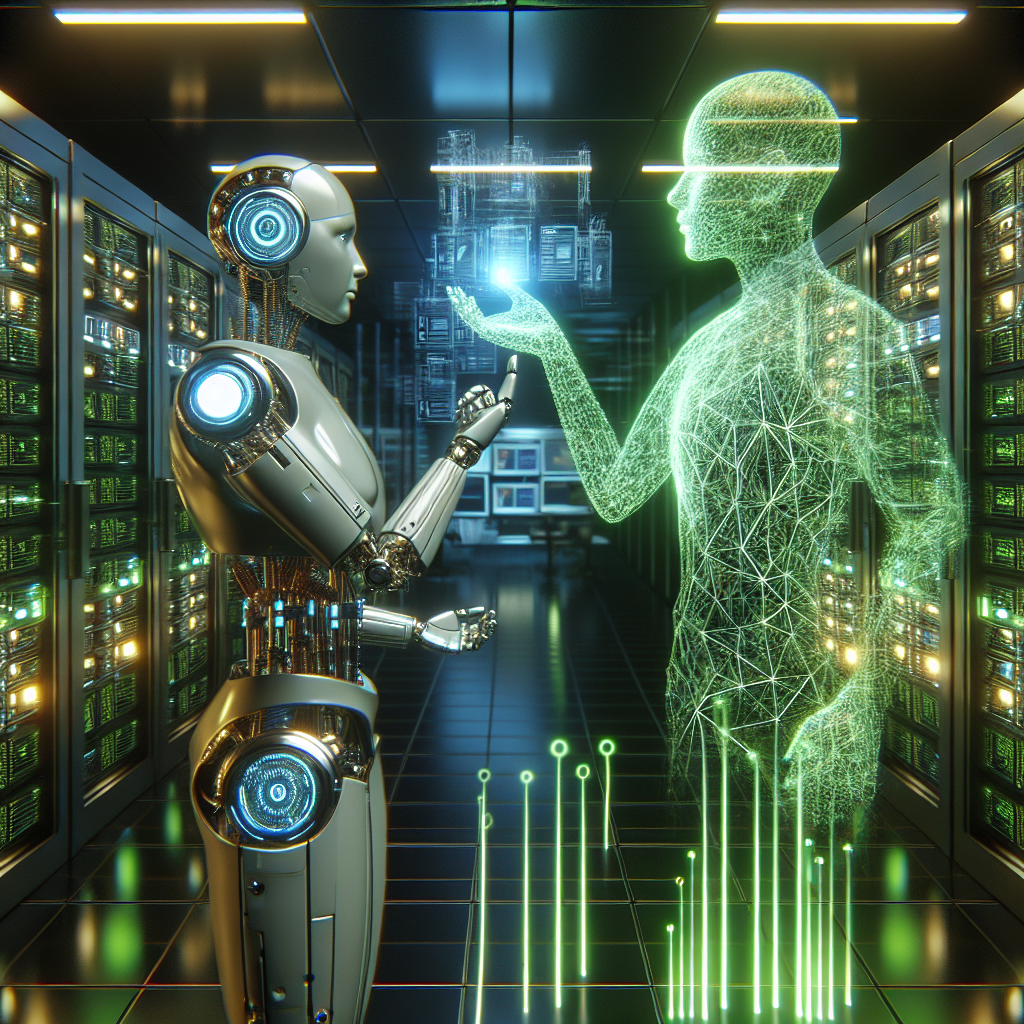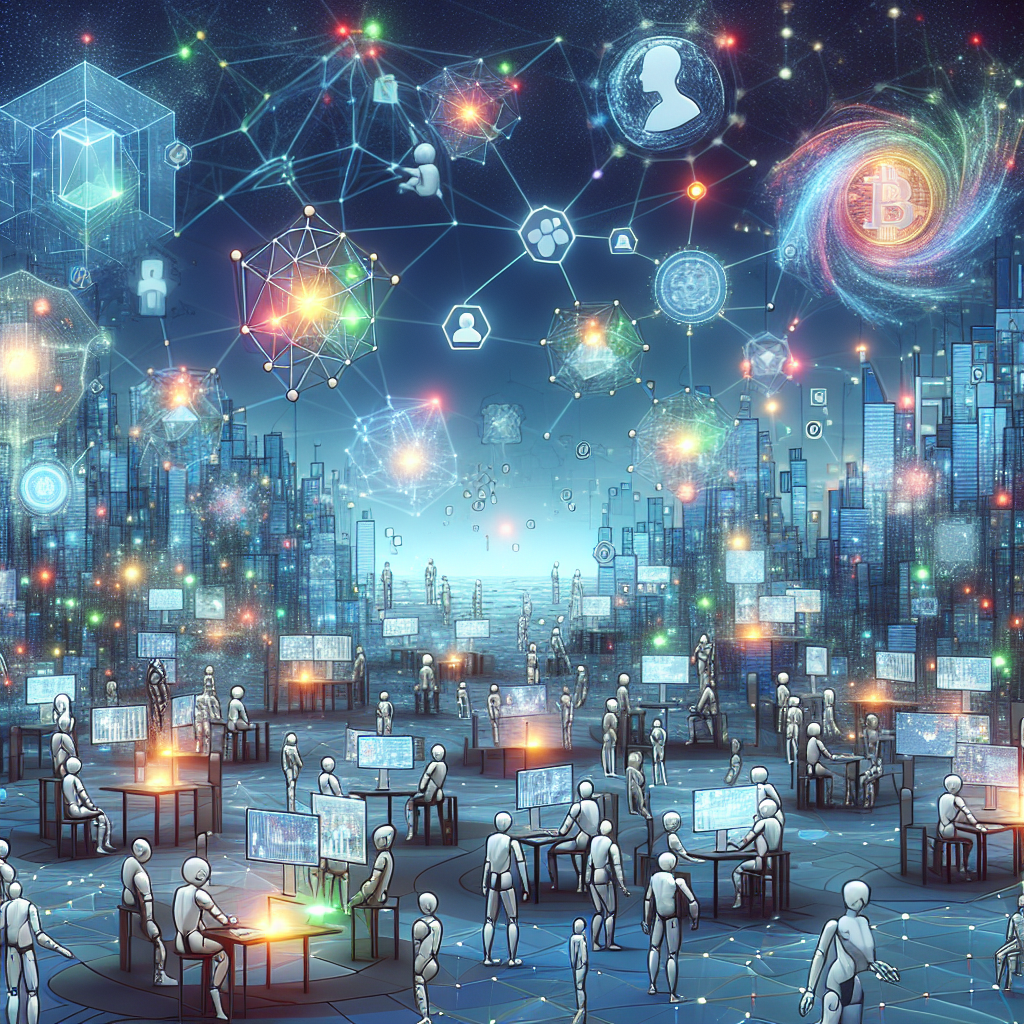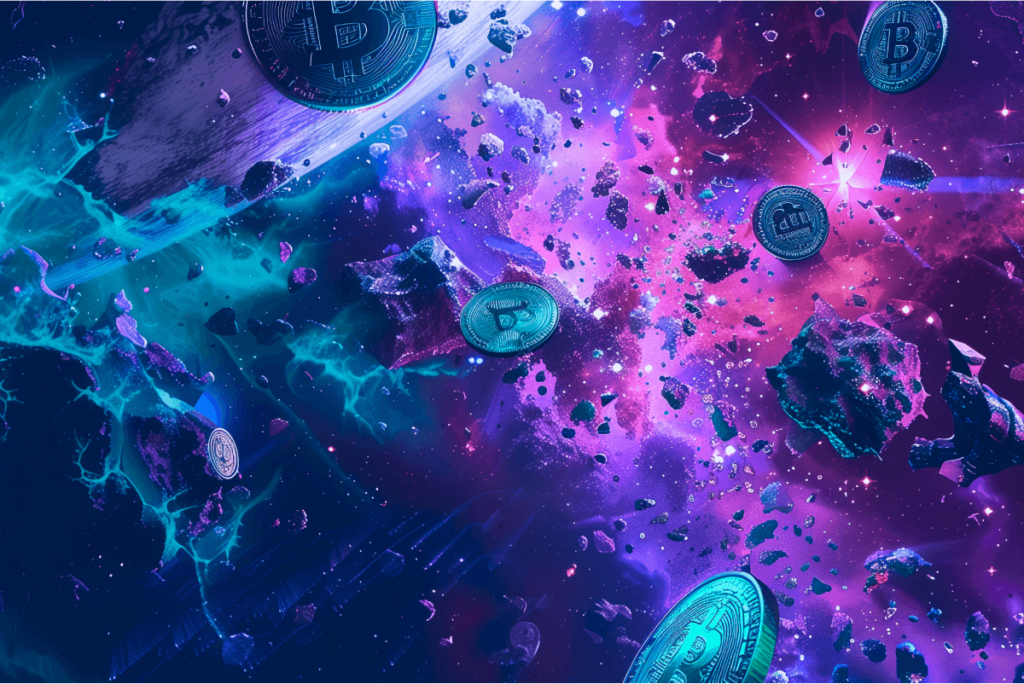Web3 and AI agents represent a transformative synergy in the evolution of the internet. By integrating intelligent AI agents into the decentralized framework of Web3, we unlock new possibilities for secure, personalized, and autonomous digital interactions.
Exploring the Integration of Web3 and AI Agents
Web3, also known as the decentralized web, is the next generation of the internet that promises to provide a more secure, private, and user-centric online experience. It is a paradigm shift from the current Web2 model, where a few tech giants control the majority of the data and services. In contrast, Web3 aims to decentralize the web, giving users control over their data and enabling direct peer-to-peer interactions. One of the most exciting prospects of this new web era is the integration of Artificial Intelligence (AI) agents.
AI agents are autonomous entities capable of making decisions and taking actions to achieve specific goals. They can learn from their environment, adapt to changes, and even improve their performance over time. The integration of AI agents in Web3 can bring about a myriad of benefits and opportunities, transforming the way we interact with the digital world.
In the context of Web3, AI agents can serve as personal assistants, helping users navigate the decentralized web. They can manage digital identities, handle transactions, and interact with decentralized applications (dApps) on behalf of the users. This not only simplifies the user experience but also enhances security as AI agents can be programmed to follow strict privacy and security protocols.
Moreover, AI agents can play a crucial role in data management in Web3. Unlike Web2, where data is stored in centralized servers, Web3 stores data across multiple nodes in a decentralized network. AI agents can help users manage their data in this complex environment, ensuring data integrity and privacy. They can also analyze the data to provide personalized services and recommendations, all while respecting the user’s privacy.
The integration of AI agents in Web3 also opens up new possibilities for machine-to-machine interactions. AI agents can autonomously interact with other agents or dApps, creating a dynamic and interconnected digital ecosystem. This can lead to the emergence of new services and business models that were not possible in the Web2 era.
However, the integration of AI agents in Web3 is not without challenges. One of the main concerns is the ethical implications of AI autonomy. As AI agents become more intelligent and autonomous, it is crucial to ensure that they operate within ethical boundaries and respect user’s rights. This requires clear regulations and robust oversight mechanisms.
Another challenge is the technical complexity of integrating AI agents in Web3. The decentralized nature of Web3 presents unique technical challenges that require innovative solutions. For instance, ensuring the interoperability of AI agents across different dApps and blockchain platforms can be a complex task.
Despite these challenges, the integration of AI agents in Web3 holds great promise. It has the potential to revolutionize the way we interact with the digital world, making it more user-friendly, secure, and personalized. As we move towards the Web3 era, it is crucial to explore and harness the potential of AI agents to shape a more decentralized and user-centric web.
In conclusion, the integration of AI agents in Web3 is an exciting prospect that can transform the digital landscape. It offers numerous benefits, from enhancing user experience and security to enabling new services and business models. However, it also presents challenges that need to be addressed to ensure ethical and effective use of AI in the decentralized web. As we continue to explore this frontier, it is clear that AI will play a pivotal role in shaping the future of Web3.
The Future of Web3: The Role of AI Agents

Web3, also known as the decentralized web, is the next generation of the internet that promises to revolutionize the way we interact with digital platforms. It aims to create a user-centric online environment where individuals have full control over their data and transactions. However, the full potential of Web3 can only be realized with the integration of advanced technologies such as Artificial Intelligence (AI). AI agents, in particular, are set to play a pivotal role in shaping the future of Web3.
AI agents are autonomous entities that can perceive their environment, reason about it, and take actions to achieve specific goals. They are capable of learning from their experiences and improving their performance over time. In the context of Web3, AI agents can be used to automate various tasks, enhance user experience, and ensure the security and privacy of online transactions.
One of the key features of Web3 is the use of blockchain technology for decentralized data storage and transactions. AI agents can significantly enhance the efficiency and reliability of these processes. For instance, they can be used to automate the verification of transactions, reducing the time and resources required for this task. Moreover, AI agents can learn to detect fraudulent activities and prevent them, thereby enhancing the security of the blockchain.
In addition to enhancing the efficiency and security of Web3, AI agents can also improve the user experience. They can be used to create personalized interfaces and services based on the preferences and behavior of individual users. For example, an AI agent can learn a user’s browsing habits and recommend content or services that match their interests. This not only enhances the user’s experience but also increases the relevance and effectiveness of online marketing.
Furthermore, AI agents can facilitate the creation of decentralized autonomous organizations (DAOs) in Web3. DAOs are organizations that are run by smart contracts on the blockchain, without the need for a central authority. AI agents can be used to manage these organizations, making decisions based on predefined rules and the collective input of the members. This can lead to more democratic and transparent organizations, where every member has a say in the decision-making process.
However, the integration of AI agents in Web3 also presents several challenges. One of the main concerns is the potential misuse of AI technology. For instance, AI agents can be used to manipulate user behavior or carry out malicious activities. Therefore, it is crucial to establish ethical guidelines and regulatory frameworks for the use of AI in Web3.
Another challenge is the technical complexity of integrating AI and blockchain technologies. Both technologies are still in their early stages of development and require significant technical expertise to implement. Therefore, there is a need for more research and development in this area, as well as education and training programs to build the necessary skills.
In conclusion, AI agents have the potential to significantly enhance the functionality and user experience of Web3. They can automate various tasks, enhance security, and create personalized services. However, their integration in Web3 also presents several challenges, including potential misuse and technical complexity. Therefore, it is crucial to address these challenges and establish appropriate guidelines and frameworks for the use of AI in Web3. Despite these challenges, the combination of Web3 and AI agents holds great promise for the future of the internet.
Understanding the Impact of AI Agents on Web3 Development
Web3, also known as the decentralized web, is the next generation of the internet that promises to provide a more secure, private, and user-centric online experience. It is a transformative technology that is set to revolutionize the way we interact with the digital world. One of the key drivers of this transformation is the integration of artificial intelligence (AI) agents into Web3 development.
AI agents are autonomous entities that can perceive their environment, make decisions, and take actions to achieve specific goals. They are capable of learning from their experiences and improving their performance over time. In the context of Web3, AI agents can play a crucial role in enhancing the functionality, usability, and security of decentralized applications (dApps).
The integration of AI agents into Web3 development can have several significant impacts. Firstly, AI agents can help in automating various tasks and processes in the Web3 ecosystem. For instance, they can be used to automate the process of verifying transactions on a blockchain, thereby increasing the efficiency and speed of the transaction process. This can be particularly beneficial for decentralized finance (DeFi) applications, where speed and efficiency are of utmost importance.
Secondly, AI agents can enhance the user experience in the Web3 environment. They can provide personalized recommendations, assist in navigating complex dApps, and even interact with users in a more natural and intuitive manner. This can make the Web3 ecosystem more accessible and user-friendly, thereby encouraging more people to adopt and use Web3 technologies.
Thirdly, AI agents can contribute to the security of the Web3 ecosystem. They can be used to detect and prevent fraudulent activities, identify and mitigate security vulnerabilities, and ensure the integrity and confidentiality of data. This can help in building trust and confidence in the Web3 ecosystem, which is crucial for its widespread adoption and use.
However, the integration of AI agents into Web3 development also presents certain challenges. One of the main challenges is ensuring the privacy and security of user data. Since AI agents require access to user data to function effectively, there is a risk of data misuse or abuse. Therefore, it is essential to implement robust data protection measures and adhere to strict privacy standards.
Another challenge is the potential for AI agents to be used for malicious purposes. For instance, they could be used to carry out cyber-attacks or manipulate the market in DeFi applications. Therefore, it is important to have effective regulatory frameworks and ethical guidelines in place to prevent such misuse.
In conclusion, AI agents have the potential to significantly impact the development of Web3. They can enhance the functionality, usability, and security of dApps, thereby contributing to the growth and success of the Web3 ecosystem. However, it is also important to address the challenges associated with their use to ensure that they are used responsibly and ethically. As we move towards a more decentralized and intelligent web, the role of AI agents is likely to become increasingly important and influential.



